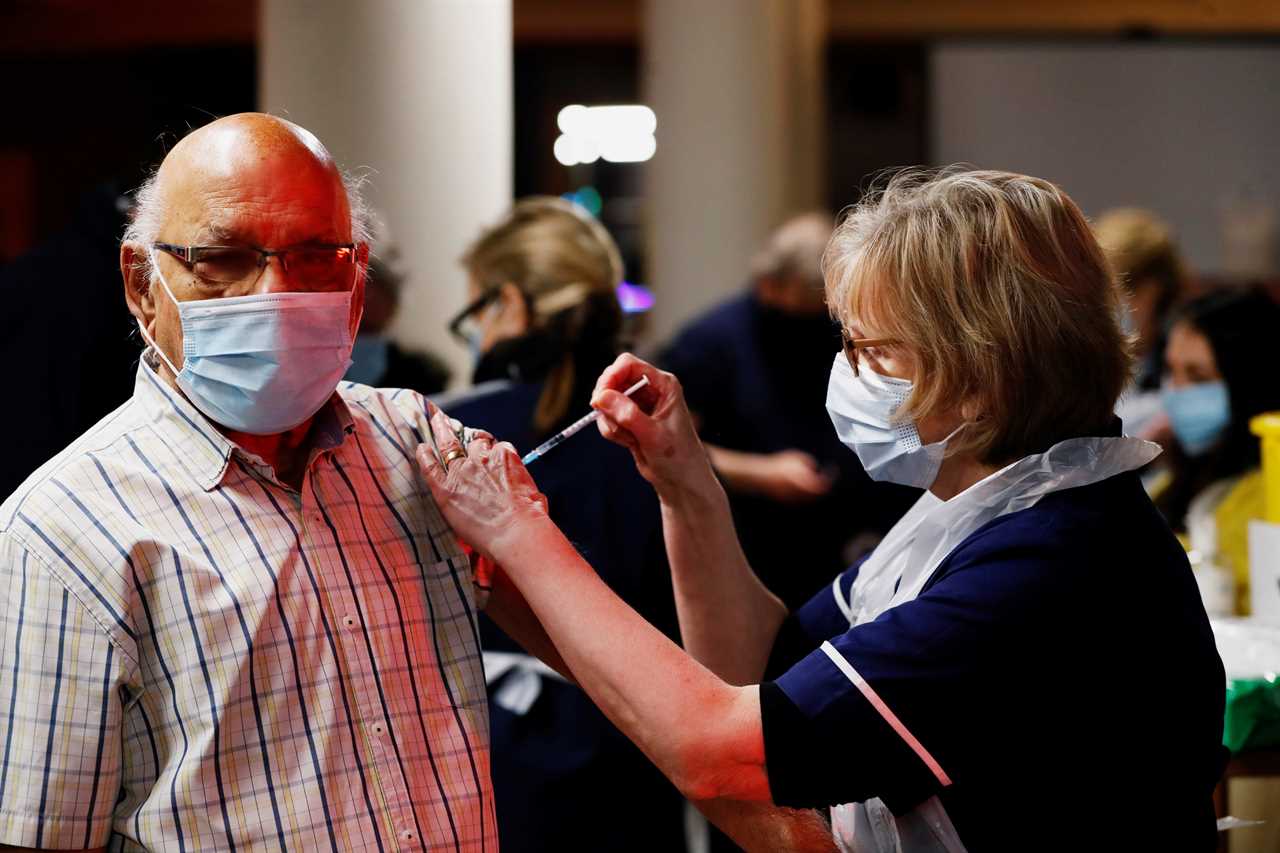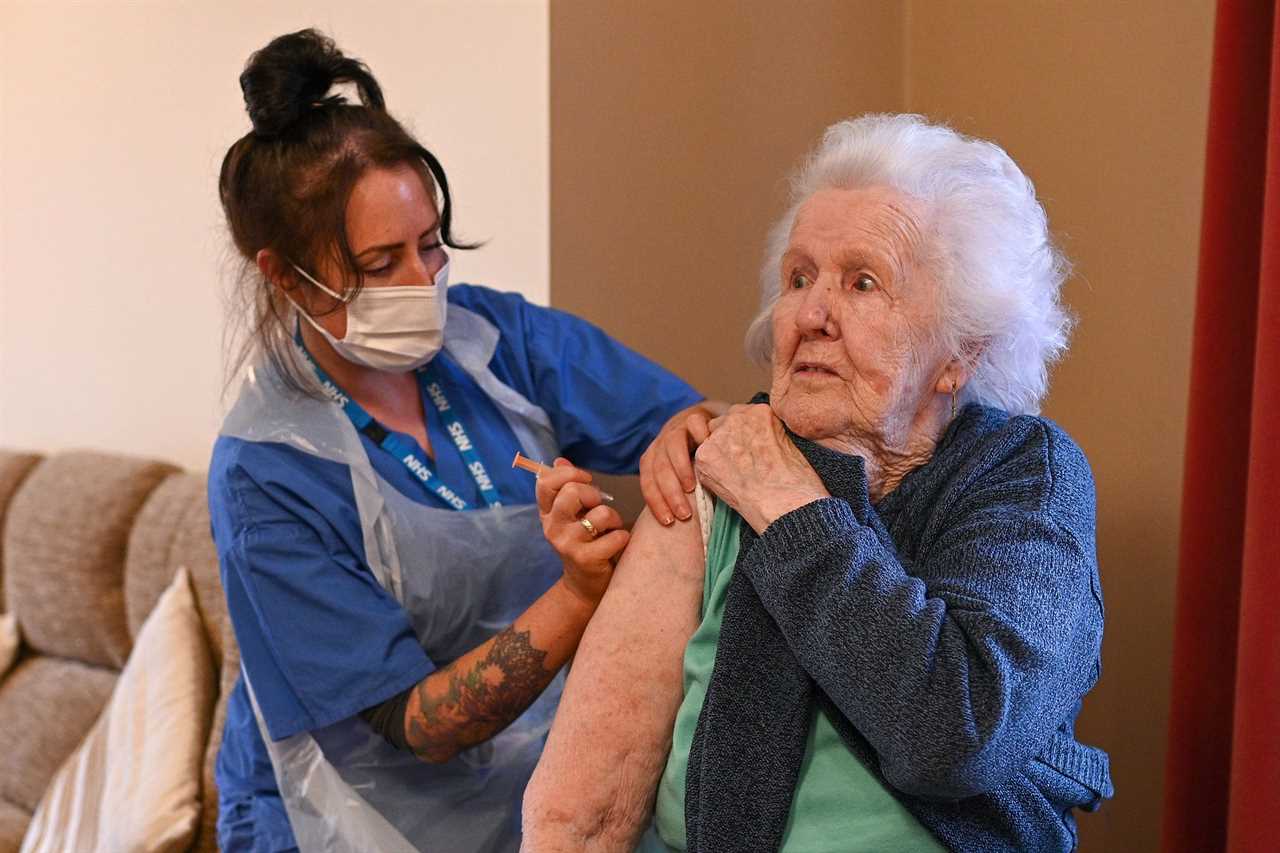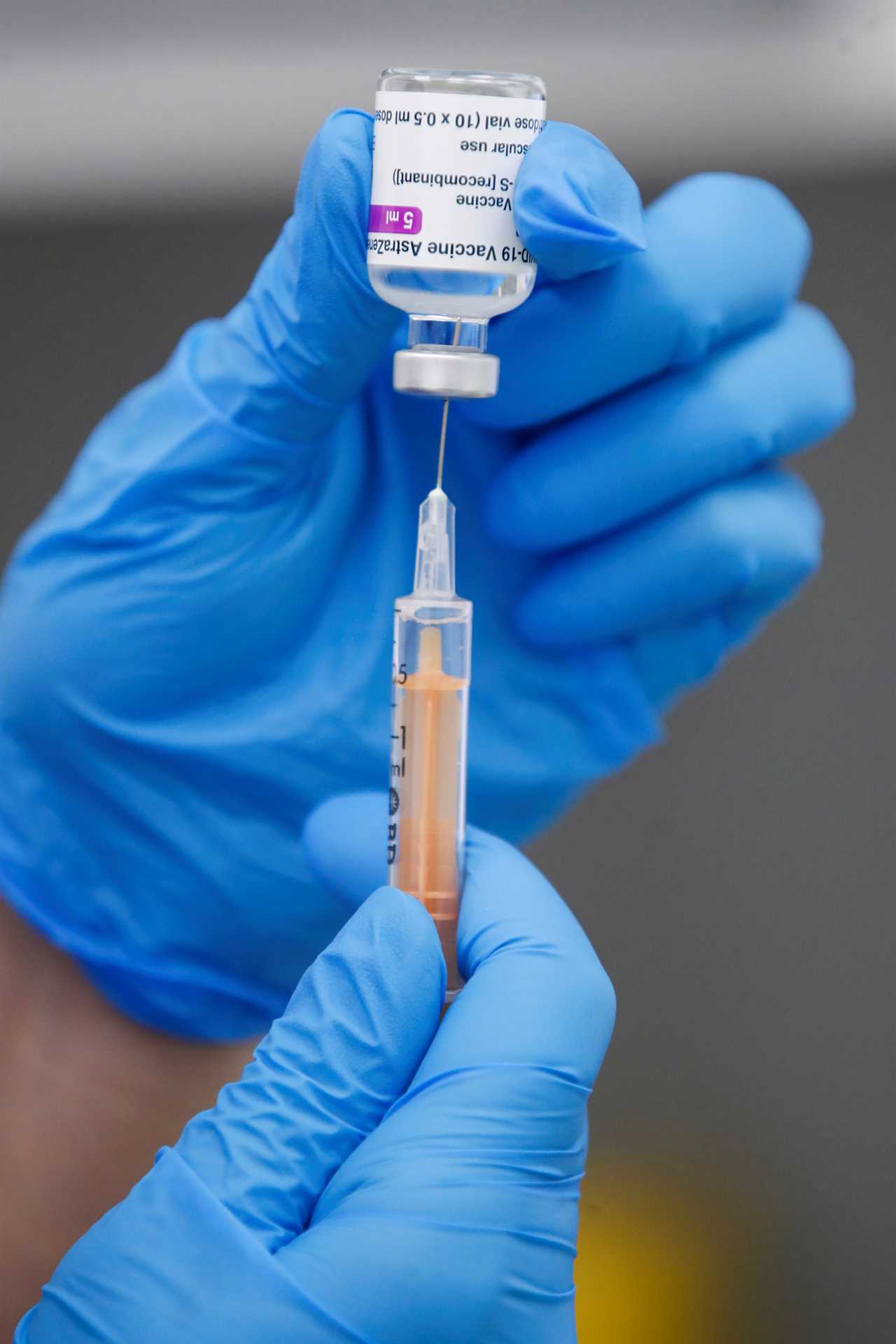FIVE million “extremely vulnerable” Brits will be offered the coronavirus vaccine from today.
But who is classed as clinically extremely vulnerable and what advice is there for those at high risk?

Who is classed as clinically extremely vulnerable?
According to the UK government website, those defined as clinically extremely vulnerable are at very high risk of severe illness from coronavirus.
There are two ways to tell if you are clinically extremely vulnerable.
The first is if your GP has added you to the shielded patient list, as they think you will be at higher risk if you catch the virus.
The second is if you have one or more of the following conditions:
- solid organ transplant recipients
- people with specific cancers:
- people with cancer who are undergoing active chemotherapy
- people with lung cancer who are undergoing radical radiotherapy
- people with cancers of the blood or bone marrow such as leukaemia, lymphoma or myeloma who are at any stage of treatment
- people having immunotherapy or other continuing antibody treatments for cancer
- people having other targeted cancer treatments that can affect the immune system, such as protein kinase inhibitors or PARP inhibitors
- people who have had bone marrow or stem cell transplants in the last 6 months or who are still taking immunosuppression drugs
- people with severe respiratory conditions including all cystic fibrosis, severe asthma and severe chronic obstructive pulmonary disease (COPD)
- people with rare diseases that significantly increase the risk of infections (such as severe combined immunodeficiency (SCID), homozygous sickle cell disease)
- people on immunosuppression therapies sufficient to significantly increase risk of infection
- problems with your spleen, for example splenectomy (having your spleen removed)
- adults with Down’s syndrome
- adults on dialysis or with chronic kidney disease (stage 5)
- women who are pregnant with significant heart disease, congenital or acquired

What is the advice for clinically extremely vulnerable individuals?
People who are extremely clinically vulnerable are advised to stay at home as much as possible.
NHS and government guidelines suggest you should only leave home for medical appointments, exercise or if it’s essential.
If you must leave home for an essential reason, limit the time you spend outside, minimise contact with other people, and avoid busy areas.
High risk Brits should work from home if they can and are advised not to go to work if they can’t.
Anyone who lives with someone high risk can continue to go to work if they cannot work from home.
You should also not go to school, college or university if you are high risk.
Extremely clinically vulnerable people should try to shop online for food, ask family or friends to collect shopping for you, or get help with food and medicine deliveries from an NHS volunteer.
Call 0808 196 3646 (8am to 8pm) to get help from a NHS Volunteer Responders.

Are over 70s classed as clinically extremely vulnerable?
No. People who are over 70 are not immediately classed as clinically vulnerable.
Brits who are 70 or older are instead classed as clinically vulnerable and at moderate risk from the virus.






